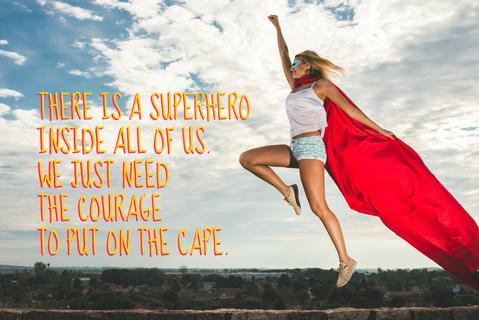Do you have diabetes Type1 or Type 2?
When you were diagnosed with diabetes, did your doctor give you the opportunity to ask questions about what it means to have diabetes or did they delve right into what you should or should not do?
It’s possible that when you got diagnosed, while trying to grapple with the news and how this was going to affect your life, you couldn’t begin to think what to ask.
But then, once you had some time to process the information, were you able to identify and understand your feelings and talk to your doctor about what it meant to live with the disease?
Besides the doctor where else did you go for some support? Did you even know about other resources?
If you have diabetes then you know that having diabetes and living with it is so much more than eat this and don’t eat that or let me set your insulin pump to bolus for your carbs.
It’s a life changing diagnosis. And yet, very little time is spent on helping people process their emotions which could include shock, anger, denial, and grief to name a few.
Now if we were robots that would be great, but in the world of diabetes unfortunately that’s the direction many doctors have taken over the years with human beings. They have tended towards a more mechanical approach focusing on what you do and forgetting about who you are.
Everyone deals with things differently but a huge part of how well you manage your diabetes is dealing with all the emotions and feelings that come with having the disease. Once you have had a chance to process them then, and only then, can you move forward with managing it in a healthy way.
It is true that you didn’t have a choice that you got diabetes. Because you didn’t, managing it may feel like an obligation, something you have to do, not because you want to.
That in itself could bring up feelings of resentment, anger, and feeling trapped. This can lead to you working against yourself and your health. It may give others an opportunity to constantly tell you what you should and shouldn’t do. This in turn can reinforce resentment at having diabetes.
You didn’t have a choice in getting diabetes but you do have a choice in how you move forward with it.
I once had a 10 year old boy who came to see me for diabetes education. His name was Sam. He was diagnosed with Type 1 diabetes at the age of 8 years. According to his mom, Sam didn’t like giving himself insulin injections and she had to go to his school everyday during lunch time to give him the injections, which was getting quite tiring for her. One of the other complaints was that, Sam didn’t understand how eating sweets would cause his blood sugars to go up and then require an extra insulin injection to bring the levels down. It was a constant battle between the two of them. The more she controlled the more Sam rebelled.
When he came to see me Sam was very quiet. I could hardly get a word out of him. He was understandably suspicious of me and what I had to tell him. He had imagined I was going to tell him the same things he had heard a million times from his doctor and his mom about what he needed to do to control his blood sugars and what would happen if he didn’t.
My approach was very different than what he was used to. Instead of talking about what he needed to do or not do, I focused on what were his interests and the sports he played. During one of our conversations, I found out how Sam was embarrassed about having diabetes, one of the reasons he didn’t like giving himself insulin at school. I also found out he sat alone during lunch time because he didn’t want to feel different from other kids. This gave me an opening to talk about how he felt about having diabetes.
My challenge was to get him to give himself insulin injection and to understand how eating sugar raised his blood sugar levels and required extra insulin.
I started asking Sam what he was going to do over his summer break and he told me he was going to play PS3 with his cousin. I then asked him which game he liked playing the most and why. Of course I didn’t know much about the game, so I asked him to describe it to me. As he was telling me about the game, I could see how Sam lit up; he was animated and there was a very palpable excitement in his voice.
In that moment I saw a window of opportunity to make Sam the superhero (with the superpower of insulin) of his body just like the hero/the savior in the game he was playing . I asked him many questions and one of them was, “if you were that superhero and there were some bad guys (sugar), what would you do?”
I was witnessing a huge transformation process taking place in front of my eyes. I could barely contain my own excitement and tears from flowing. I had never before seen someone get so excited about being the savior of his/her own diabetes in the way Sam was in that moment. It was one of the happiest days of my life!
He learned to feel comfortable giving himself insulin injections and began to understand and apply the concept of more sugar with more insulin. In the following four years he has only needed occasional reinforcement sessions. Overall he continues to do well. Just like Sam, you have to be your own Superhero. Start thinking about what that could be like for you. I would love to hear from you.
I am a Certified Diabetes Educator and a Life Coach. My passion is helping people with diabetes feel and process their emotions, which helps them gain acceptance that supports healthy self care.
Questions and comments? You can reach me at garima@bloomwithgarima.com


Recent Comments